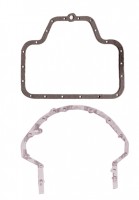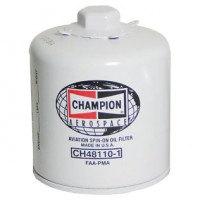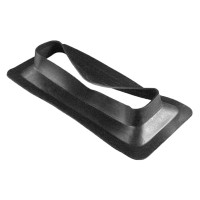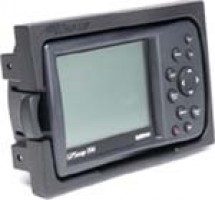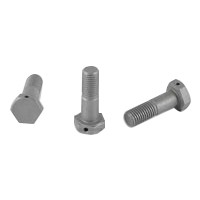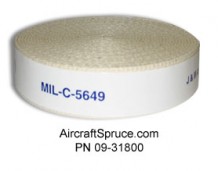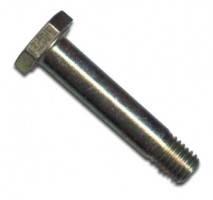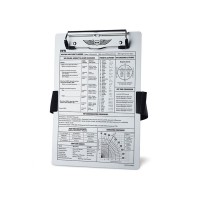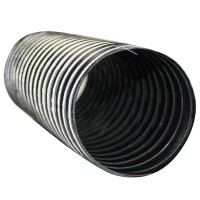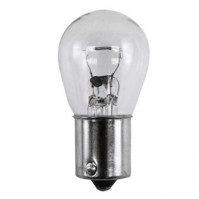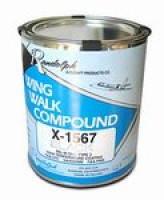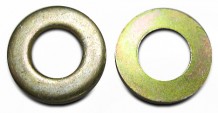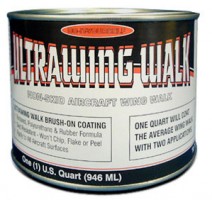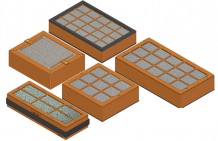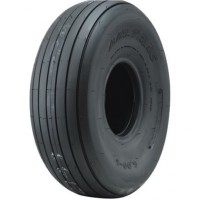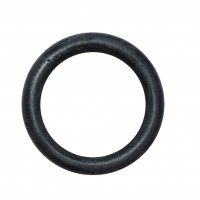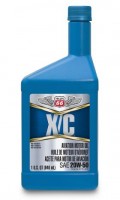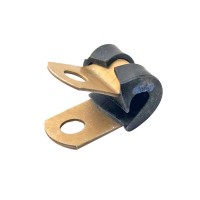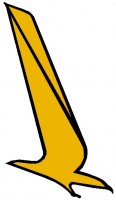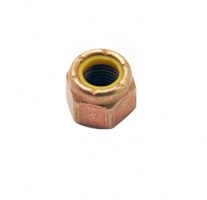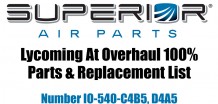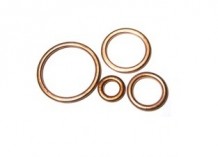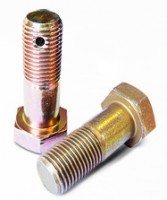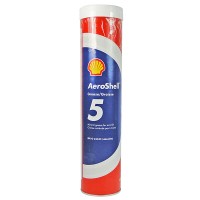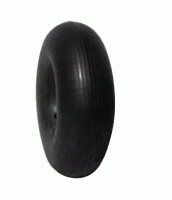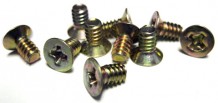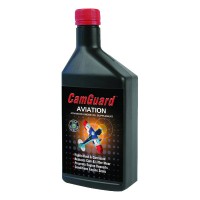PTI Wing Walk Coating
- JUMP TO
- Overview
- Documents
- Reviews
- Q&A
- View in Catalog
Overview
|
PTI Wing Walk Coating is a non-slip coating used for walkways on exterior aircraft surfaces. PTI Wing Walk is a rough texture non slip. The Wing Walk is a unique formulation of high molecular urethane resins, which cures at ambient temperatures. This product is a high performance, two component polyurethane topcoat designed for exterior and interior use on high performance general aviation, business jet, and commercial aircraft. Certification paperwork must be requested at time of order. If certs are required with purchase, please contact us by clicking here or calling sales. |
Documents
- PTI Wing Walk Coating (PDF)
Q&A
Please note, Aircraft Spruce's personnel are not certified aircraft mechanics and can only provide general support and ideas, which should not be relied upon or implemented in lieu of consulting an A&P or other qualified technician. Aircraft Spruce assumes no responsibility or liability for any issue or problem which may arise from any repair, modification or other work done from this knowledge base. Any product eligibility information provided here is based on general application guides and we recommend always referring to your specific aircraft parts manual, the parts manufacturer or consulting with a qualified mechanic.
Per PTI: Our wing walk is a two component Polyurethane that is chemical, fluid and solvent resistant. The PT-766 has been put through exhaustive testing with regard to weathering as well, a minimum of 1000 hours in an accelerated weathering device without defect. Which is why all of the polyurethanes that PTI manufactures come with UV inhibitors and non yellowing additives. The wing walk coating has all of the same properties as our polyurethane top coat with the exception of the grit. The grit itself is opaque and the size of the grit is 20, which is somewhat rough.
Your question is a good one and the first time we have ever been asked. Generally, as you no doubt know, we advise taking down old paint before applying new for two reasons: 1. The smooth surface of old paint and the absence of contact with the actual substrate can and most often does prohibit adhesion of the new paint. 2. Solvents in the new paint can bite into the old paint and cause it to lift. When it does the new paint lifts with it.
Wing walk coatings are a bit different. They have grit in them and are not a smooth surface so new paint should adhere to the old. If there are no breaches (flaking, peeling, cracking) of the old paint then the solvents in the new wing walk should not penetrate to lift the old paint (there is no guarantee on that) so adhesion of the new paint should not be affected.
A couple of things to consider: 1. The age of the old paint. The older it is the more likely it is that it can be compromised by application of new paint. 2. Whether the old paint has already been painted over. The more layers of old paint, the more likely it is that new paint will compromise it or fail to adhere outright.
Regardless of what you decide to do, we recommend that the surface be thoroughly cleaned with a degreasing solution. After the surface dries completely, decontaminate the surface and remove any residue from the degreasing solution with acetone before painting.
No, this product is not spray-able because of the contents inside of it. This can be applied to epoxy primed metal.
The gray for the polyurethane wing walk is federal color standard 36231 Flat Gray.
The PTI wing walk will get 400 sq/ft per gallon at 1.5 mil thickness.
Yes, you can apply this directly to the metal. No primers needed.
The PTI wing walk will get 400 sq/ft per gallon at 1.5 mil thickness.
Yes, the catalyst is included.
There are three colors available in the drop down menu. They are: White, Black, and Grey.
Its thickness or viscosity is the same as the regular polyurethane. It is also the case that regardless of gloss the thickness is about the same the differences are chemically insignificant. However, the wing-walk coating does typically have grit so that changes its thickness and its application.


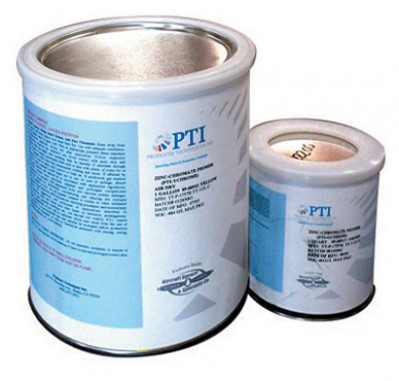





 FREE Shipping
FREE Shipping
